May 29, 2025
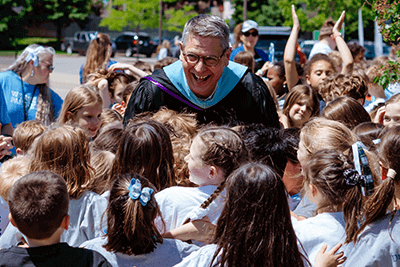 from Dr. Bill Hudson, head of school
from Dr. Bill Hudson, head of school
When I walked through the doors of Mounds Park Academy for the first time as head of school, I was filled with a sense of awe for this extraordinary institution and immense gratitude for the opportunity to lead it. Today, as I write my final head’s message, I find myself feeling those same emotions once again.
MPA is not just a school. It is a place where dreams are nurtured, voices are heard, and people are known, deeply and truly. It is a place where belonging isn’t just a value on a poster, but a daily practice. It is a place where students grow not only in intellect and skill, but in empathy, courage, and character. It has been one of the greatest privileges of my life to walk alongside you—students, families, faculty, staff, trustees, alumni, and friends—as together we lived out the mission to dream big and do right.
Over the past 12 years, we have celebrated many milestones: the construction of new learning spaces like the Martin Lenz Harrison Library and the Family Commons; the launch of transformative programs in competency-based learning, diversity and belonging, and global partnerships; the growth in enrollment, philanthropy, and student support; and perhaps most meaningfully, the everyday moments of discovery, laughter, resilience, and care that happen in classrooms, hallways, and on playgrounds.
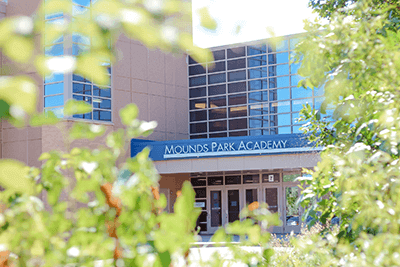 from Dr. Bill Hudson, head of school
from Dr. Bill Hudson, head of school from Dr. Bill Hudson, head of school
from Dr. Bill Hudson, head of school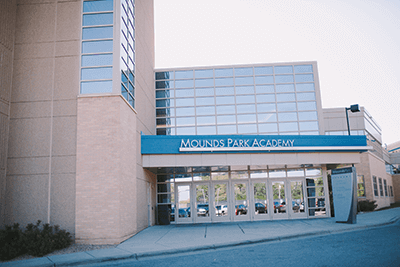
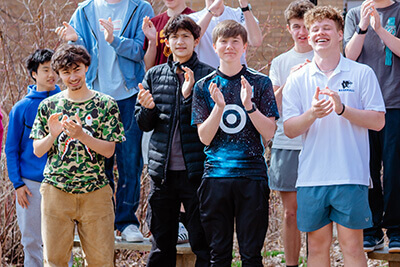 from Dr. Bill Hudson, head of school
from Dr. Bill Hudson, head of school from Dr. Bill Hudson, head of school
from Dr. Bill Hudson, head of school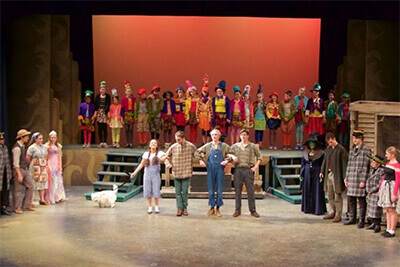 from Dr. Bill Hudson, head of school
from Dr. Bill Hudson, head of school from Dr. Bill Hudson, head of school
from Dr. Bill Hudson, head of school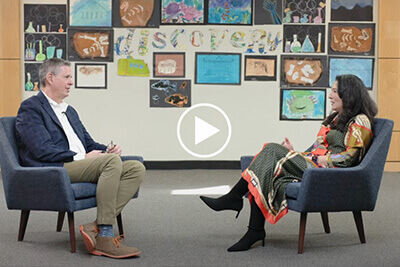
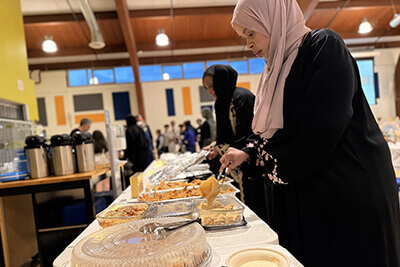 from Dr. Bill Hudson, head of school
from Dr. Bill Hudson, head of school